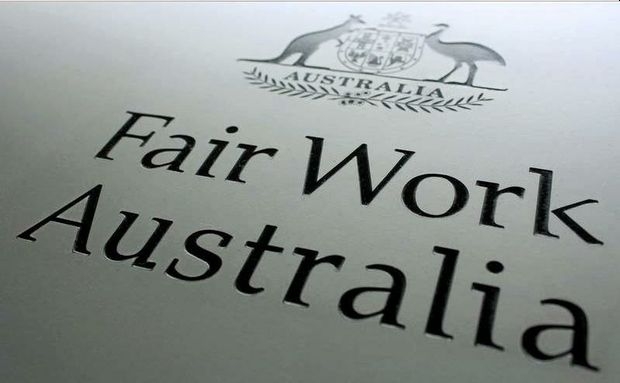
January 21, 2025 • ALL SEASONS WORKFORCE AUSTRALIA

Australia has long been a favoured destination for backpackers seeking work opportunities under the Working Holiday Maker (WHM) program. As of January 2025, several significant developments have emerged that both employers and backpackers should be aware of to ensure compliance with Australian laws and regulations.
Key Updates:
Implications for Employers:
Implications for Backpackers:
Key Takeaway
Staying informed about compliance requirements is crucial for both employers and backpackers in Australia. By adhering to legal obligations and understanding rights, a fair and safe working environment can be maintained, benefiting all parties involved.

From January 1, 2025, Australia has taken a landmark step in workplace relations by criminalising the intentional underpayment of workers. This significant legislative change transforms what was previously considered a civil matter into a criminal offense carrying severe penalties, including imprisonment for individuals found guilty of intentional underpayment. For businesses operating in high-risk industries […]
Read More →
For 2025, significant amendments to Australia’s Fair Work Act have been implemented, affecting employers and employees across all sectors. Staying informed about these changes is crucial to ensure compliance and maintain fair workplace practices. Criminalisation of Wage Underpayment Effective from 1 January 2025, the deliberate underpayment of employee wages or entitlements is now classified as […]
Read More →
As we progress through 2025, maintaining workplace safety remains a paramount concern across Australia’s diverse industries, including horticulture, agriculture, large-scale solar (LSS), construction, and meat processing. Recent developments underscore the necessity for both employers and workers to stay informed and compliant with evolving safety standards. Agriculture and Horticulture: Addressing Persistent Hazards The agricultural sector continues […]
Read More →